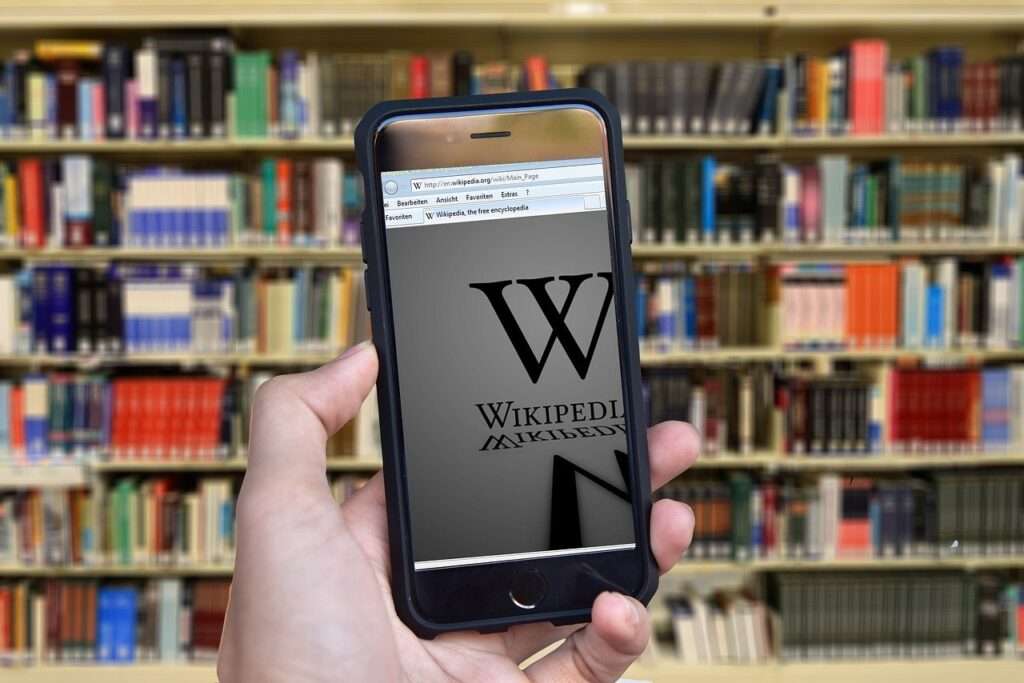Introduction
In the immense span of the web, Wikipedia stands apart as a signal of information and data. As a free, cooperatively altered, and multilingual internet based reference book, it has turned into a significant asset for a great many clients around the world. This article dives into the complexities of Wikipedia, investigating its set of experiences, design, use, and importance in the computerized age.
History of Wikipedia
Wikipedia was sent off on January 15, 2001, by Jimmy Ridges and Larry Sanger. The idea was to make an open, uninhibitedly available stage where clients could cooperatively compose and alter articles. The name “Wikipedia” is a portmanteau of the words “wiki” (a kind of cooperative site) and “reference book.” Throughout the long term, Wikipedia has developed dramatically, flaunting north of 6 million articles in English and millions additional in different dialects.
Structure and Content
Wikipedia is coordinated into an extensive exhibit of articles, each giving itemized data on a particular point. Articles are arranged and listed to work with simple route and accessibility. The design of an ordinary Wikipedia article incorporates:
Introduction
The introduction offers a concise summary of the topic, providing readers with a quick overview.
Body Sections
The body of the article is separated into areas and subsections, each zeroing in on various parts of the point. These segments are carefully refered to with references to guarantee the precision and unwavering quality of the data.
References
At the end of each article, a reference section lists all the sources cited, allowing readers to verify the information and further explore the topic.
External Links and See Also
Articles often include external links to relevant websites and a “See Also” section that directs readers to related articles within Wikipedia.
Editing and Contribution

One of the characterizing highlights of Wikipedia is its open altering model. Anybody with web access can alter most Wikipedia articles. This cooperative methodology guarantees that the substance is consistently refreshed and refined. Key components of Wikipedia’s altering interaction include:
User Registration
While editing can be done anonymously, registered users often have access to additional features and a stronger sense of community involvement.
Editorial Guidelines
Wikipedia has strict editorial guidelines to maintain the quality and neutrality of its content. Editors are expected to adhere to these guidelines, ensuring that all information is verifiable and unbiased.
Talk Pages
Each article has an associated “talk page” where editors can discuss changes, improvements, and disputes. These discussions are vital for maintaining the integrity of the content.
Vandalism and Protection
Despite its open model, Wikipedia has robust mechanisms to combat vandalism. Articles that are frequently targeted by vandals may be temporarily or permanently protected, restricting editing to trusted users.
Significance and Impact
Educational Resource
Wikipedia has turned into a significant instructive asset. Understudies, analysts, and teachers depend on its huge vault of data for scholarly purposes. The stage’s obligation to free access democratizes information, making it accessible to people no matter what their financial foundation.
Cultural Influence
Wikipeda’s impact stretches out past schooling. It assumes a critical part in protecting and dispersing social and verifiable information. Articles on verifiable occasions, social practices, and histories of outstanding figures add to a worldwide comprehension of different societies.
Technological Integration
Wikipedia’s open Programming interface permits designers to coordinate its substance into different applications, upgrading the availability and convenience of data. This reconciliation is clear in web crawlers, menial helpers, and instructive apparatuses.
Challenges and Criticisms
In spite of its many benefits, Wikiedia faces a few difficulties and reactions. These incorporate worries about the dependability of data, fundamental predisposition, and the portrayal of minimized gatherings. Wikiedia consistently attempts to resolve these issues through local area rules and publication oversight.
How to Use Wikipedia Effectively

Searching for Information
To find data on Wikipeia, clients can use the inquiry bar situated at the highest point of the page. Entering watchwords will yield a rundown of important articles. For additional exact outcomes, clients can utilize progressed search procedures, for example, utilizing quotes for accurate expressions.
Evaluating Articles
Not all Wikipedia articles are created equal. To assess the reliability of an article, users should consider the following factors:
- References and Citations: High-quality articles are well-cited, with references to reputable sources.
- Edit History: Reviewing the edit history can provide insight into the article’s development and the contributors’ expertise.
- Talk Page Discussions: Engaging with the talk page can reveal ongoing debates and the consensus reached by the editing community.
Contributing to Wikipedia
For those interested in contributing to Wikipdia, the process begins with creating an account. New editors are encouraged to familiarize themselves with Wikipedia’s guidelines and participate in the community. Contributions can range from minor edits to substantial article rewrites.
Conclusion
Wikipedia addresses quite possibly of the most aggressive and effective venture throughout the entire existence of the web. Its cooperative nature, broad substance, and obligation to free access have made it an essential device for data searchers around the world. By grasping its design, use, and effect, we can all the more likely value the job Wikipeia plays in our computerized lives.



